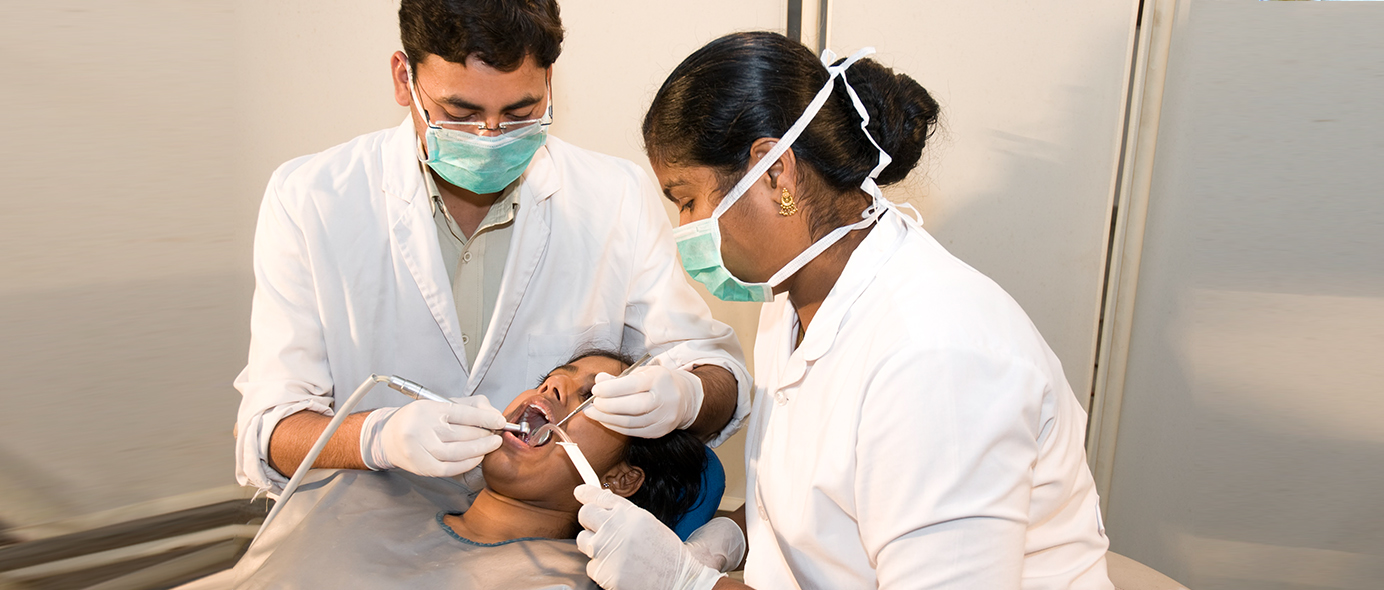The need for qualified nurses is growing along with Pakistan’s healthcare business, which is growing very quickly. Bachelor of Science in Nursing, or BS Nursing, is a college degree that takes four years to complete and trains students to become skilled nurses. Nursing is one of the most respected jobs in the medical field, and it’s also one of the most satisfying jobs with lots of room for professional growth.
This complete guide will talk about what BS Nursing in Pakistan covers, possible careers, expected salaries, who can apply, how to get in, the curriculum, and what the future holds for grads.
Scope of BS Nursing in Pakistan
Nursing is an important part of the healthcare system because it helps with patient care, medical help, and general health. In Pakistan, the BS Nursing program is growing because there is a greater need for trained health care workers.
Growing Demand for Nurses
- Shortage of Skilled Nurses: There is a significant shortage of trained nursing staff in hospitals and healthcare institutions, making this profession highly valuable.
- Global Recognition: Pakistani nurses can also work abroad after clearing relevant licensing exams, which enhances career opportunities.
- Diverse Work Environments: Nurses are needed in hospitals, clinics, educational institutions, NGOs, and research centers.
- Opportunities for Specialization: Advanced studies in fields like pediatric nursing, surgical nursing, and critical care can further improve job prospects.
A BS Nursing degree not only opens doors for employment in Pakistan but also paves the way for international job opportunities in countries like the UK, USA, Canada, Australia, and the Middle East.
Career Opportunities After BS Nursing
Graduating with a BS Nursing degree offers multiple career paths in both the public and private healthcare sectors. Some of the most common career options include:
1. Clinical Nurse
- Works in hospitals, clinics, and healthcare centers.
- Provides direct patient care in medical and surgical wards.
- Assists doctors during treatments and procedures.
2. Nurse Educator
- Teaches in nursing colleges and universities.
- Conducts training sessions for future nurses.
- Engages in curriculum development and academic research.
3. Public Health Nurse
- Works with NGOs and government health programs.
- Conducts awareness campaigns on diseases, vaccinations, and hygiene.
- Provides community-based healthcare services.
4. Nursing Administrator
- Manages nursing staff in hospitals.
- Ensures quality patient care and hospital policies are followed.
- Oversees scheduling, budgeting, and training of nurses.
5. Research Nurse
- Conducts medical research in hospitals and universities.
- Participates in clinical trials and patient studies.
- Helps develop new treatments and healthcare policies.
6. Military and Government Nursing Jobs
- Opportunities exist in the Pakistan Army, Navy, and Air Force for trained nurses.
- Positions are also available in public sector hospitals and health ministries.
With the continuous advancements in medical science, nurses specializing in areas like critical care, cardiology, oncology, and neonatal nursing are in high demand.
Related Post: Is MDCAT Necessary for BDS in Pakistan?
Salary Expectations for BS Nursing Graduates
The salary of BS Nursing graduates varies depending on experience, employer, and location. Here is an estimated salary breakdown:
- Entry-Level Nurse: PKR 40,000 – 70,000 per month.
- Mid-Level Nurse (3-5 years of experience): PKR 80,000 – 120,000 per month.
- Senior Nurse / Nursing Supervisor: PKR 150,000+ per month.
- Specialized Nurses (ICU, Surgery, Pediatrics, etc.): Higher salary packages based on expertise.
Those who pursue higher education (such as MSN – Master of Science in Nursing) or obtain international certifications can earn even better salaries, especially in Middle Eastern and Western countries.
BS Nursing Admission Criteria in Pakistan
To enroll in a BS Nursing program, students must meet specific academic and eligibility requirements.
Academic Requirements
- Minimum Education: F.Sc (Pre-Medical) or equivalent with at least 50% marks.
- A-Level Students: Must provide an equivalence certificate from IBCC (Inter Board Committee of Chairmen).
- Entrance Test: Some universities conduct entry tests for admissions.
Age Limit
- Usually between 17 to 25 years, but it may vary by institution.
Gender Eligibility
- Both male and female candidates can apply for BS Nursing programs in Pakistan.
Additional Requirements
- Some universities require a medical fitness certificate.
- A few institutions may ask for a personal interview.
It is important to check the specific admission requirements of the university you are applying to.
BS Nursing Program Structure and Curriculum
The BS Nursing program is a four-year degree followed by one year of compulsory internship. The curriculum is designed to provide students with theoretical knowledge and practical training.
Course Breakdown by Year
First Year (Foundation Year)
- Anatomy & Physiology
- Biochemistry
- Nursing Fundamentals
- Microbiology
- English & Communication Skills
Second Year
- Pathophysiology
- Pharmacology
- Health Assessment
- Community Health Nursing
- Behavioral Sciences
Third Year
- Medical-Surgical Nursing
- Pediatric Nursing
- Maternal and Newborn Nursing
- Mental Health Nursing
- Research Methodology
Fourth Year
- Advanced Nursing Practices
- Critical Care Nursing
- Leadership and Management in Nursing
- Public Health Nursing
- Clinical Internship
After completing the four-year coursework, students must complete a one-year internship in a recognized hospital before applying for a Pakistan Nursing Council (PNC) license.
Related: What is MDCAT?
Challenges in the Nursing Profession
Despite the numerous opportunities, nurses in Pakistan face several challenges, including:
- Workload and Stress: Long working hours and emergency duties can be physically and mentally demanding.
- Limited Career Growth: Lack of professional development opportunities in some institutions.
- Salary Concerns: Entry-level salaries in public hospitals are relatively low compared to private institutions and foreign opportunities.
- Societal Perception: Some cultural biases still exist against nursing as a profession.
However, with increasing awareness and demand for healthcare professionals, the perception and work conditions for nurses are improving.
Future of BS Nursing in Pakistan
The future of BS Nursing in Pakistan is promising due to:
- Increasing Demand for Nurses: More hospitals and healthcare institutions are being established, requiring a trained nursing workforce.
- Government Initiatives: Policies promoting nursing education and employment opportunities are being implemented.
- International Job Market: Pakistani nurses have strong opportunities to work in Gulf countries, the UK, USA, Canada, and Australia.
- Specialization and Higher Education: Many universities now offer postgraduate programs in nursing, allowing for career advancement.
Those who wish to enhance their qualifications can pursue advanced certifications such as MS Nursing, Post-RN BSN, or specialized diplomas.
A Bachelor of Science in nursing is a great job choice for people who love medicine, helping people, and giving back to their communities. As the need for professional nurses grows, the job market in Pakistan and around the world is full of possibilities for people with a BS in nursing.
A job as a nurse is rewarding and has a big effect, whether you work in a hospital, school, research center, or international healthcare setting. If you want to help people and are dedicated to doing so, BS Nursing could be the right career choice for you.


